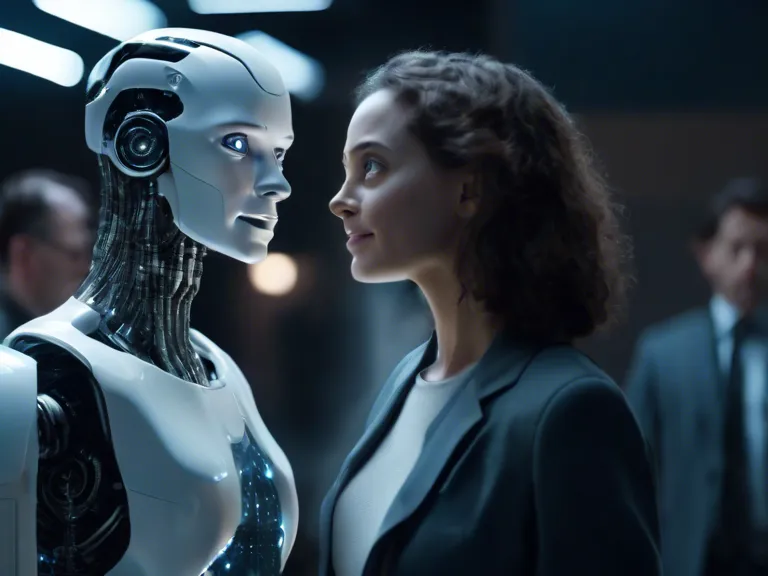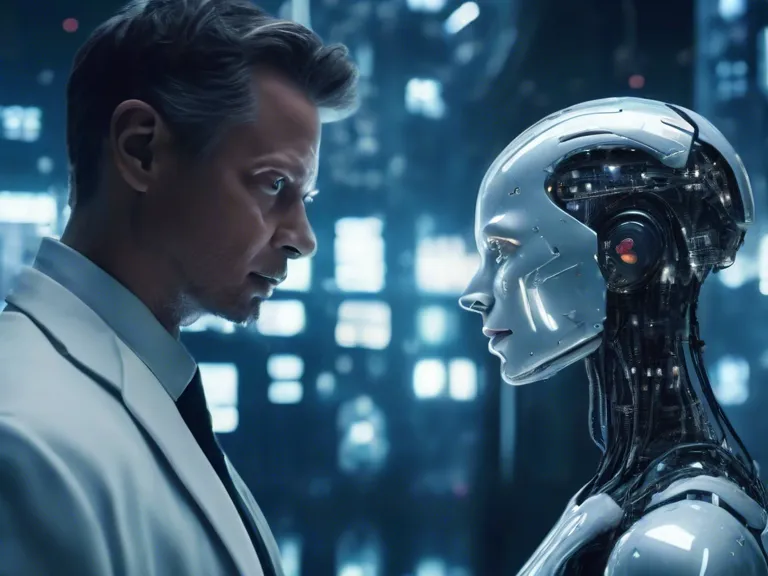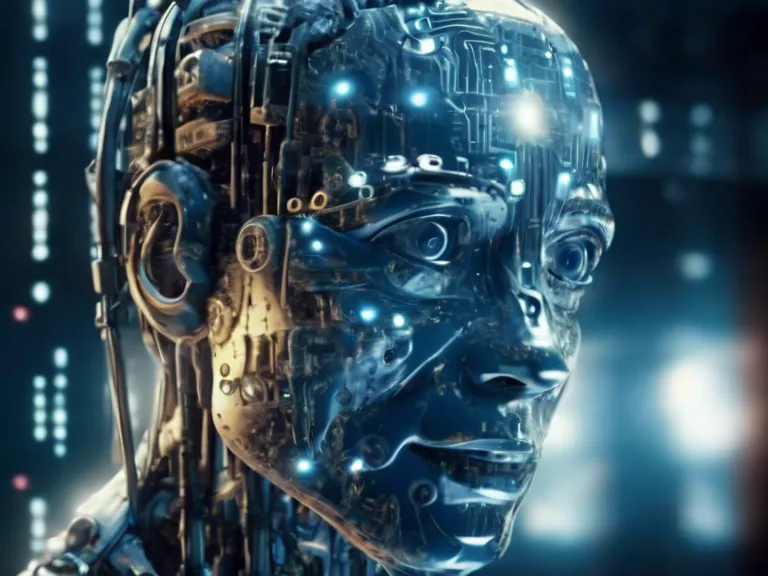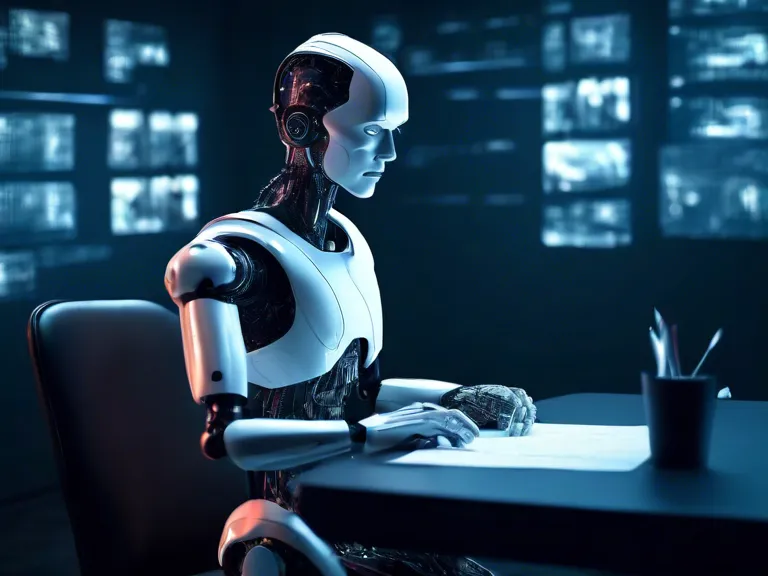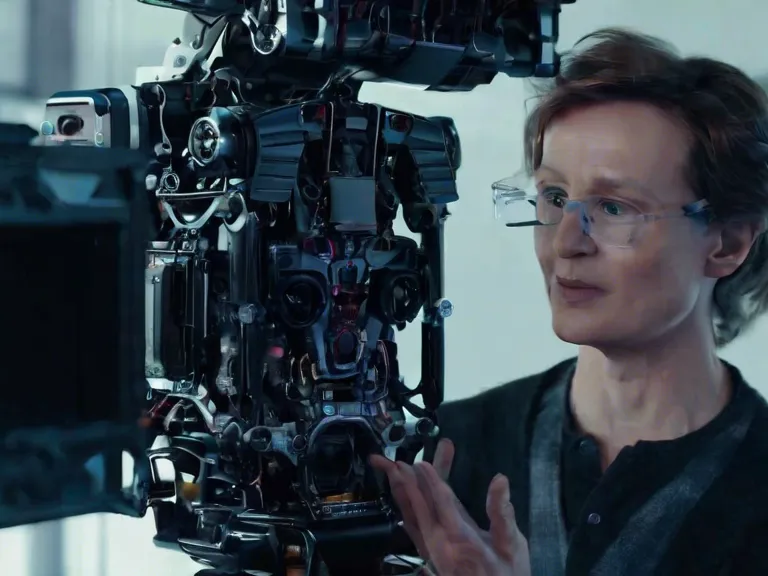
Artificial Intelligence (AI) is revolutionizing the way filmmakers approach the creative process. From script analysis to editing, AI is playing a significant role in shaping the future of filmmaking. As technology continues to advance, more directors are embracing AI tools to enhance their storytelling abilities. Let's take a closer look at how AI is making its mark in the film industry.
One of the most prominent ways AI is utilized in filmmaking is through script analysis. AI algorithms can analyze scripts to provide insights into character development, pacing, and potential plot holes. This analysis can help directors fine-tune their scripts and ensure a more cohesive storyline.
AI is also being used in the pre-production stage to generate visual concepts and storyboards. By inputting key details from the script, AI can generate images that help directors visualize scenes and make informed decisions about camera angles and lighting.
During production, AI-powered cameras can assist in capturing high-quality footage. These cameras can adjust settings in real-time to optimize lighting and framing, resulting in a more polished final product. AI can also be used to streamline the editing process by automatically sorting and organizing footage based on predefined criteria.
Post-production is another area where AI is making a significant impact. Editing software powered by AI can analyze footage and suggest edits based on established editing norms. AI can also help with color grading, sound mixing, and visual effects, saving directors time and resources.
In conclusion, AI is reshaping the way films are made, from scriptwriting to post-production. By leveraging AI technology, directors can streamline the filmmaking process, enhance creativity, and produce higher-quality content. As more filmmakers embrace AI tools, the possibilities for innovation in the film industry are endless.
